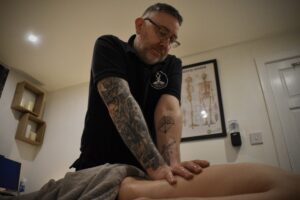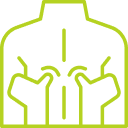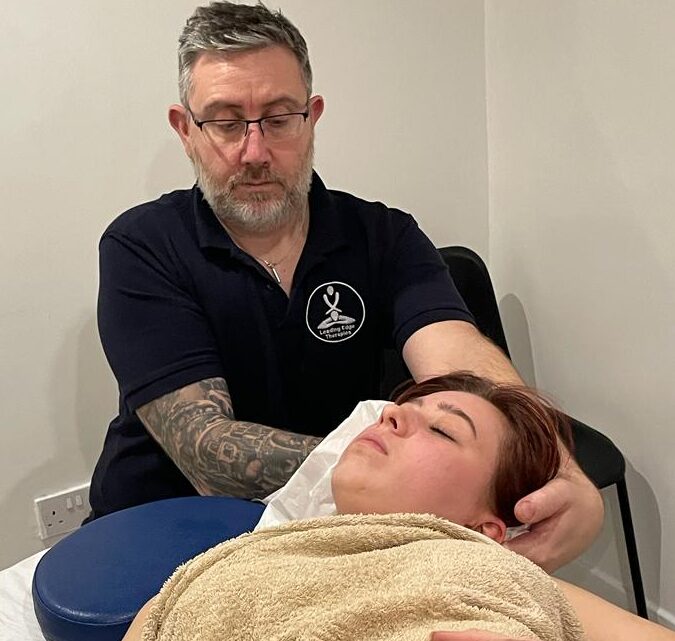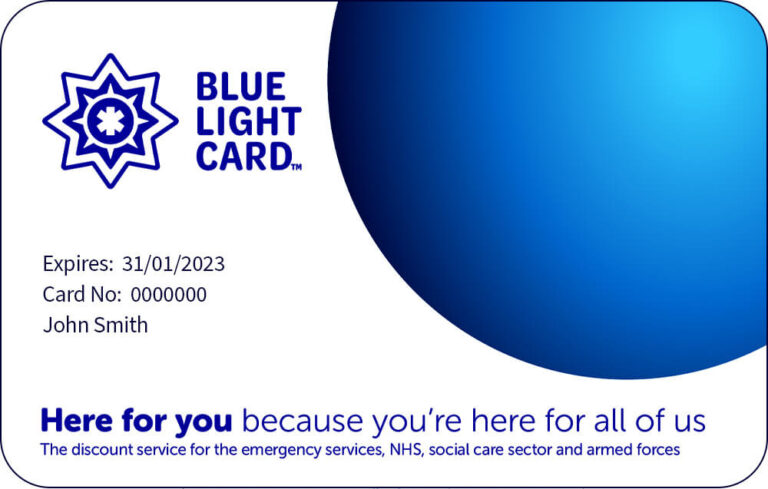Sports & Remedial Massage
What is Sports & Remedial Massage?
Sports & Remedial Massage is a specialised form of massage therapy that focuses on the treatment and prevention of injuries related to sports and physical activity. Designed for athletes and active individuals, it incorporates a combination of techniques—such as deep tissue work, stretching, and trigger point therapy—to address muscle soreness, improve range of motion, and enhance athletic performance.
Unlike traditional massage, sports massage is goal-oriented. It can be used before a workout to warm up the muscles, during training to optimize performance, or after intense activity to aid recovery. Whether you’re a professional athlete, weekend warrior, or simply someone who enjoys staying active, sports massage can be tailored to your specific physical needs and goals.
The history of sports massage dates back to ancient times, with records indicating its use by Greek and Roman athletes to enhance performance and recovery. Today, it’s an integral part of many professional sports teams’ health and wellness strategies.

💆♀️ Benefits of Sports Massage
1. Improved Circulation and Lymphatic Flow
One of the primary benefits of sports & Remdial massage is enhanced blood flow. Improved circulation means more oxygen and nutrients are delivered to muscles, helping them recover faster after strenuous physical activity. Sports massage also stimulates the lymphatic system, aiding in the removal of metabolic waste from the body (Cafarelli & Flint, 1992).
2. Reduced Muscle Tension and Pain
Through targeted manipulation of muscle tissue, sports massage helps relieve tightness and decrease muscle spasms. This can alleviate soreness, reduce stiffness, and promote overall relaxation. The massage techniques used can also reduce inflammation in affected areas and help speed up the healing process for minor injuries (Moraska, 2005).
3. Enhanced Flexibility and Range of Motion
By incorporating assisted stretching and myofascial release techniques, sports massage can increase flexibility and joint mobility. Improved range of motion not only enhances performance but also reduces the likelihood of future injuries. Athletes who regularly receive sports massage often experience improved agility and movement efficiency.
4. Injury Prevention and Rehabilitation
Prevention is a key focus of sports massage. By identifying and addressing areas of muscular imbalance or overuse, therapists can help reduce the risk of injury. In rehabilitation, sports massage can be part of a recovery program, helping break down scar tissue and increase muscle elasticity during the healing process (Best et al., 2008).
5. Mental Focus and Reduced Anxiety
Physical performance isn’t just about the body—it’s also about the mind. Sports massage promotes a sense of well-being by reducing stress hormones like cortisol and increasing serotonin and dopamine levels. This creates a more focused, relaxed state that can improve athletic performance and overall mental clarity (Weerapong et al., 2005).
6. Post-Event Recovery
After a competition or intense workout, sports massage can accelerate the recovery process by decreasing muscle fatigue, reducing soreness (delayed onset muscle soreness or DOMS), and restoring the body’s natural balance. This allows athletes to return to training sooner and perform more consistently.
🏃♂️ Conclusion
Sports & Remedial massage is not just for elite athletes—it’s for anyone who wants to improve their physical performance, prevent injury, and support recovery. With proven benefits for both the body and mind, incorporating regular sports massage into your fitness routine can lead to long-term improvements in health, wellness, and athletic performance.
🌟 Why Choose Leading Edge Therapies?
Experienced Specialists – Our team brings years of expertise in musculoskeletal health, with a commitment to continued learning and development.
Personalised Treatment Plans – No two bodies are the same. We craft a custom plan to suit your lifestyle, goals, and unique condition.
Integrated Approach – We often combine physiotherapy and clinical massage for enhanced outcomes, addressing both the structural and soft tissue aspects of recovery.
Modern Facilities – Our clinic is equipped with state-of-the-art equipment, housed in a calm, welcoming environment where you can feel at ease.
Flexible Appointments – With early morning, evening, and weekend availability, we work around your schedule.
💪 Helping You Live Without Limits
We believe everyone deserves to move freely and live comfortably. Our mission is to guide you towards long-term wellness—not just a temporary fix. Whether you’re dealing with a recent injury or chronic discomfort, we’ll help you rebuild strength, restore movement, and regain confidence.
Our services are suitable for people of all ages and activity levels. From athletes to office workers, busy parents to retirees, our supportive team is here to help you feel your best.
Taking the first step towards feeling better is easy. Use our simple online booking system or give us a call to speak with a member of our team. We’re happy to answer your questions and help you choose the service that’s right for you.
Leading Edge Therapies – where expert hands and compassionate care meet modern science to help you move forward, pain-free.
🩺 Conditions We Treat
Back & Neck Pain: Including conditions such as sciatica, herniated discs, and chronic neck pain. Our physiotherapists and massage therapists work together to create the best treatment plan for your recovery.
Sports Injuries: We treat common sports injuries such as sprains, strains, tendonitis, and muscle tears using both sports & Remedial massage and physiotherapy techniques.
Joint Pain: Whether it’s knee pain, shoulder pain, or hip discomfort, we provide targeted treatments to alleviate pain and improve joint function.
Chronic Conditions: Including arthritis, fibromyalgia, and repetitive strain injuries. Our team offers both physiotherapy and massage therapy to manage symptoms and promote mobility.
Postural Imbalances: Poor posture can lead to chronic pain and muscle strain. Our physiotherapists and massage therapists work together to correct posture and prevent further issues.
Stress & Tension: If you’re feeling stressed or fatigued, our massage therapy sessions help relieve tension and reduce anxiety for improved mental well-being.

Clinical Orthopaedic Manual Therapy
Clinical Therapy (COMT):

Physiotherapy
Physiotherapy
Effleurage: Long, sweeping strokes to warm up the muscles. Petrissage: Kneading and squeezing motions to release tension.
Using Clinical Orthopaedic Manual Therapy - stretching, joint mobilisation & Manipulation to address injuores and long standing problems
Slow, firm pressure targeting deeper muscle layers. Cross-fiber friction to break up adhesions and scar tissue.
Full assessments to find the cause of an injury and provide hands-on treatment and associated exercise plans

Specific massage techniques to balance the nervous system. Ischemic compression on trigger points to relieve pain.
Passive stretching to improve range of motion. Active stretching to engage the client in the process.
To further help with tight muscles, a therapist guided contract and relax method of gaining further pain relief and mobility throughout the body
Effleurage: Long, sweeping strokes to warm up the muscles. Petrissage: Kneading and squeezing motions to release tension.
Identifying and applying pressure to trigger points to alleviate pain. Ischemic compression to release tight knots in muscles
Gentle movements to improve joint flexibility. Rotation and oscillation techniques to enhance joint function.
Technique for muscle contraction and stretching used to increase flexibility, for releasing tight muscles and ROM.
Slow, firm pressure targeting deeper muscle layers. Cross-fiber friction to break up adhesions and scar tissue.
Friction applied across muscle fibers to break up adhesions. Useful for addressing scar tissue and improving mobility and painful areas.
Applying sustained pressure to release tension in the fascia. Stretching and lengthening techniques to improve flexibility.



